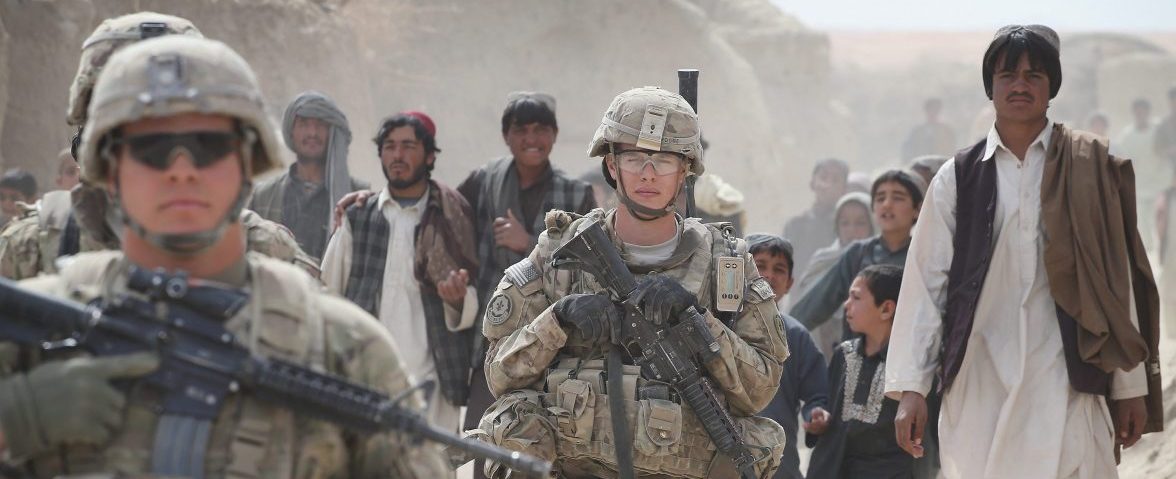In late June, US Secretary of State Mike Pompeo said he hopes to have a peace deal with the Taliban by September 1. This has been the aim of a series of talks in Doha between US diplomat Zalmay Khalilzad and Taliban representatives. The eighth and most recent round took place on August 3-12, after which both sides said they had made substantial progress without offering any meaningful details. As such, it remains in question whether this ambitious goal is actually achievable.
The deal is expected to wind down the almost 20-year US military presence in Afghanistan. In exchange for the withdrawal (or substantial reduction) of NATO forces, the Taliban will promise to break ties with terrorist organizations posing a direct threat to the US and its allies, primarily Al-Qaeda and ISIS. Even if the plans to strike a deal with the Taliban by September do not materialize (which is a fairly realistic outcome considering the immensity of the challenge), the current efforts show that the US administration is seriously interested in reducing its involvement in Afghanistan.
This is evidenced by Donald Trump’s appointment of Special Representative for Afghanistan Reconciliation Zalmay Khalilzad, essentially the founder of the modern Afghan state. It was he who facilitated Hamid Karzai’s advent to power in 2001 and the removal of former Northern Alliance leaders from the actual levers of power. As ambassador to Iraq from 2005 to 2007, he played a key role in laying the groundwork for stabilization and the subsequent withdrawal of US troops from Iraq. During this time, he insisted on the need for reconciliation with the Sunni groups that had earlier fought the occupying forces. At the current talks with the Taliban his skills as a negotiator were again invaluable.
His wealth of diplomatic experience and Afghan origins should help Khalilzad to achieve acceptable terms for the withdrawal of US troops from the protracted conflict. The renewed diplomatic push is obviously related to the electoral considerations of the current US leader. Ending the unpopular war in the runup to the 2020 presidential election will reinforce Trump’s reputation as an opponent of unjustified interventionism in the eyes of many voters.
That being said, Trump’s personal stake in ending the war does not mean it lacks strategic sense. The US has long lost any hope of fully eradicating the Taliban. Moreover, considering the local interests of the Taliban, which are directed toward amassing power in Afghanistan rather than launching global jihad, it does not pose a direct threat to the US.
After the traumatic experience of the 9/11 attacks, the US had apprehensions about most forms of Islamism. However, with time it realized that such ideological movements are ineradicable (at least in the foreseeable future) and enemies should be chosen more carefully. As a result, the US increasingly tended to differentiate between supporters of a global caliphate who were responsible for attacks in Western countries, and local groups focused on domestic problems in Muslim countries. A deal with the Taliban should help lure it away from the jihadist international.
More broadly, the desire to reduce its involvement in Afghanistan reflects a change in US strategic priorities. Now that Washington has reoriented its foreign policy to great power competition with China and Russia, the waste of resources on local conflicts is becoming a luxury that is increasingly hard to justify. It saps energy and attention. Some explain the geopolitical logic of the US presence in Afghanistan as a means of gaining access to the backyard or soft underbelly of its strategic competitors. But that logic runs up against the huge costs of also reinforcing the US presence in the Asia Pacific and Euro Atlantic theaters.
Afghanistan is a land-locked country with mountainous terrain and a poorly developed transportation network. It is located in the center of the Asian continent. For the US, an overseas maritime power, having a military contingent based in the region to exert tangible pressure on China or Russia comes at the cost of considerable headaches. The US experience in this area in the 2000s-2010s repeatedly demonstrated the weakness of US communications and logistics routes. Therefore, remote support of local forces and minimizing direct involvement better fits the US strategy of containing potential competitors.
Original publication valdaiclub.com












